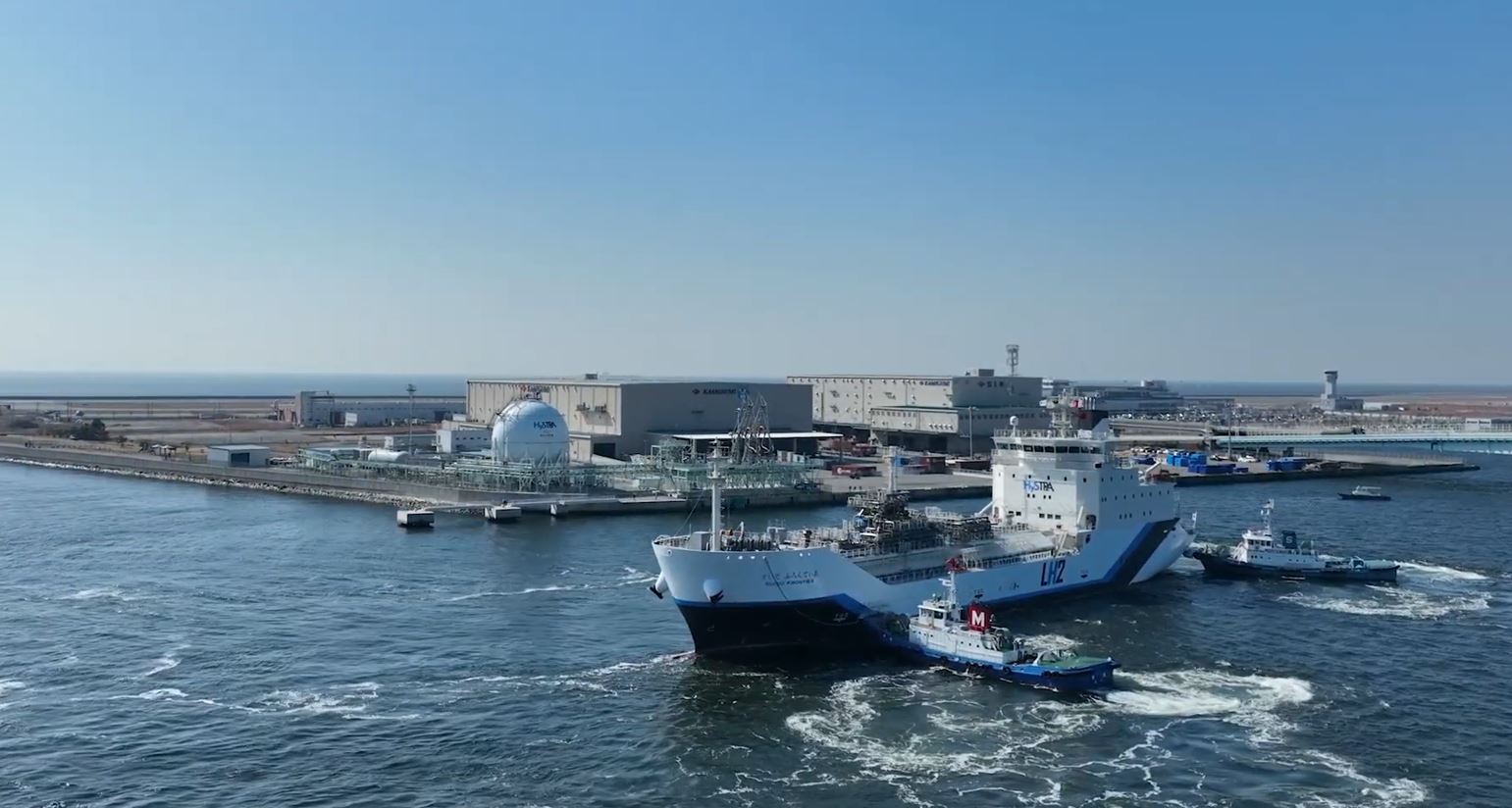LNG giant Shell and Japan’s Kansai Electric Power have signed a memorandum of understanding to explore and cooperate on business opportunities in liquefied hydrogen (LH2) supply chains, building on their longstanding relationship in the LNG industry.
According to a statement issued by Shell on Thursday, the scope of the cooperation includes production of decarbonized hydrogen by both companies as well as deployment of hydrogen liquefaction, storage, and shipping technology by Shell.
In addition, the scope entails receiving and use of hydrogen at Kansai Electric’s thermal power plants.
“It is important to collaborate with a wide range of stakeholders and foster a whole systems approach to realize the full potential of hydrogen,” Paul Bogers, VP hydrogen at Shell said in the statement.
“With this MoU, I am pleased that Shell continues to contribute to the decarbonization of Japan’s energy system by working with leading companies like Kansai to explore liquified hydrogen value chains,” Bogers said.
Shell has been very active in the last two years to develop the company’s hydrogen business.
The company operates the world’s first LH2 carrier, Suiso Frontier. It is also working with French LNG containment giant GTT on a liquefied hydrogen membrane type containment system and an LH2 carrier.
Last year, the firm launched a hydrogen electrolysis plant at its Rheinland refinery near the German city of Cologne.
In July this year, the LNG giant took a final investment decision to build what it says is Europe’s largest renewable or green hydrogen plant in the Dutch port of Rotterdam.
After that, Shell signed a deal with three other partners to study the feasibility of producing, liquefying, and transporting green hydrogen from Portugal to the Netherlands.

